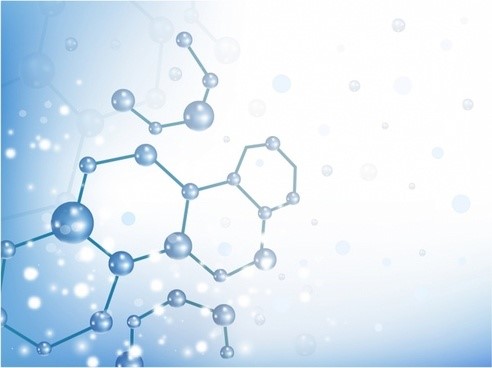BIOCHEMISTRY
- INTRODUCTION
- CAREER OPPORTUNITIES
- SPCIALISATION
- COLLEGES IN INDIA
- COLLEGES IN ABROAD
- SKILL SET
- ELEGIBILITY
- ROLES AND RESPONSIBILITIES
Biochemistry, sometimes called biological chemistry, is the study of chemical processes within and relating to living organisms. By controlling information flow through biochemical signalling and the flow of chemical energy through metabolism, biochemical processes give rise to the complexity of life.

In their daily work, biochemists analyse enzymes, DNA, and other molecules to research the effects of drugs and food on biological processes. They use electron microscopes, lasers and other laboratory instruments as well as computer modelling software to determine the structures of molecules
- Analytical chemist
- Biomedical scientist
- Biotechnologist
- Healthcare scientist, clinical biochemistry
- Clinical research associate
- Forensic scientist
- A Nanotechnology engineer is someone who works around the smallest, most amazing fragments of science. From storing and altering things on the cellular level, to creating new, tiny pieces of electronics, nanotechnology engineers are the cream of the crop, possessing an acute attention to detail and a strong drive to make things better Research scientist (life sciences)
- Toxicologists work in laboratories to perform tests on samples collected by crime scene investigators. Their jobs involve testing for the presence of: gases (e.g., carbon monoxide); illicit drugs; prescription drugs; poisons; alcohol; metals; and other poisons when poisoning or drug overdoses are expected.
- Animal biochemistry.
- Plant biochemistry.
- Molecular biology.
- Cell biology.
- Metabolism
- Immunology
- Genetics
| College | Location |
| Sri Venkateswara College | New Delhi |
| St. Xavier's College | Mumbai |
| Daulat Ram College | New Delhi |
| Institute of Home Economics | New Delhi |
| Presidency University | Kolkata |
| Christian Medical College | Vellore |
| Aligarh Muslim University | Aligarh |
| Jawaharlal Nehru University | New Delhi |
| Mumbai University | Mumbai |
| The Oxford College of Science | Bangalore |
| Fergusson college | Pune |
| Banaras Hindu University | Varanasi |
| Institution | Location |
| Harvard University | United States |
| University of Oxford | United Kingdom |
| University of California, Berkeley | United States |
| Columbia University | United States |
| University of Pennsylvania | United States |
| University College London | United Kingdom |
| Duke University | United States |
| Brown University | United States |
| National University of Singapore | Singapore |
| Imperial College London | United Kingdom |
| University of Toronto | Canada |
| Massey University | New Zealand |
| The University of Queensland | Australia |
| John Hopkins University | United States |
| University of Tokyo | Japan |
- Laboratory skills and the ability to plan and do research.
- Strong problem-solving skills.
- An analytical and investigative mind.
- Excellent oral and written communication skills.
- Good IT skills as most laboratories are highly computerized.
- Meticulous attention to detail.
- The ability to work effectively as part of a team.
- A self-motivated and confident approach, to gain the most from training placements in busy hospital departments.
- A willingness to keep up to date with the latest scientific and medical research in clinical biochemistry.
The basic eligibility criteria for pursuing B.Sc. Biochemistry degree course is a pass in Higher Secondary (10+2) or equivalent examination in Science stream. Some colleges and institutes demand
A minimum of 50% marks in 10+2 as qualifying criteria to get admission in this degree course.
A biochemistry technologist has many responsibilities Among them are the following:
- Conduct the chemical analysis for body fluids like blood, urine or spinal fluid, to discover the presence of any normal or abnormal components
- Execute and manage with the polymerase chain reaction
- Execute and perform the programme for the DNA and the protein analysis,
- Work with gene cloning and the micro-organisms genetic manipulation
- Purify and characterize the recombinant proteins, from the eukaryotic and the prokaryotic systems
- Evaluate the lab findings and examine the accuracy of the results
- Manage the liquid handling robotics and handle the software for the sequence analysis
- Train and supervise laboratory assistants and other technologists







